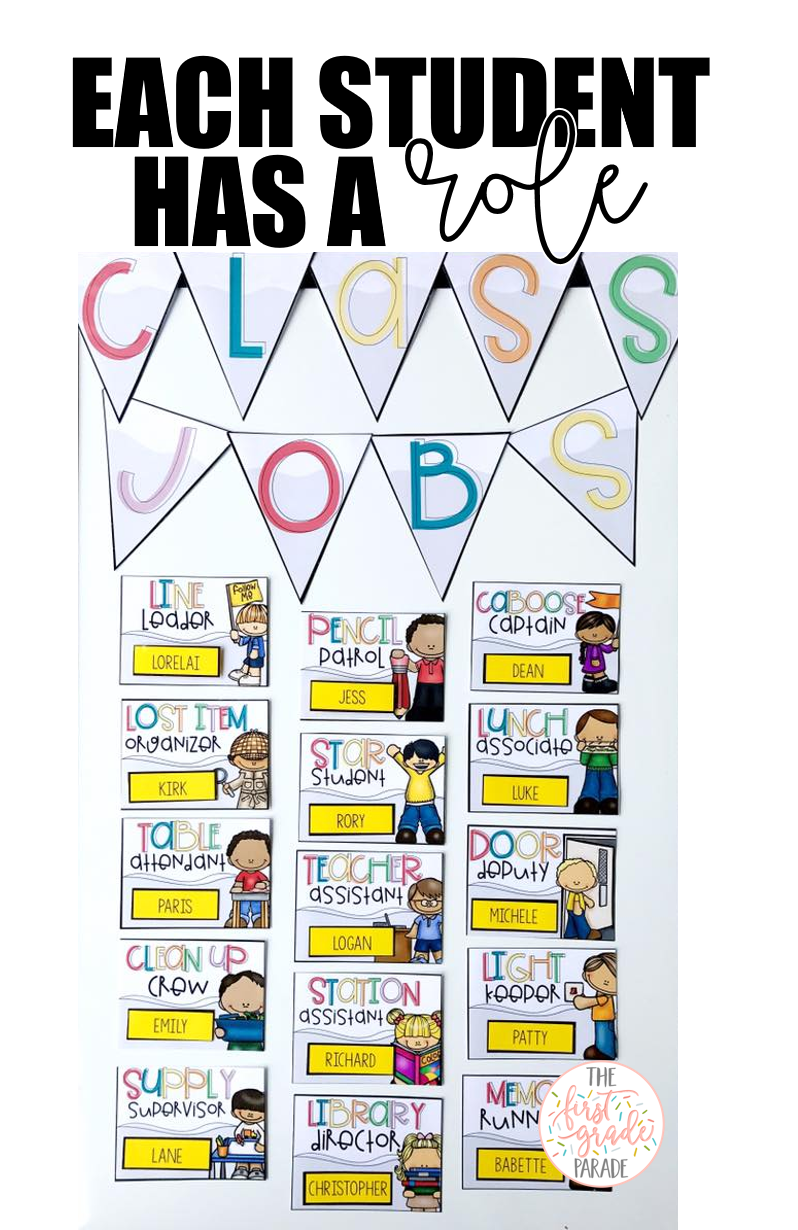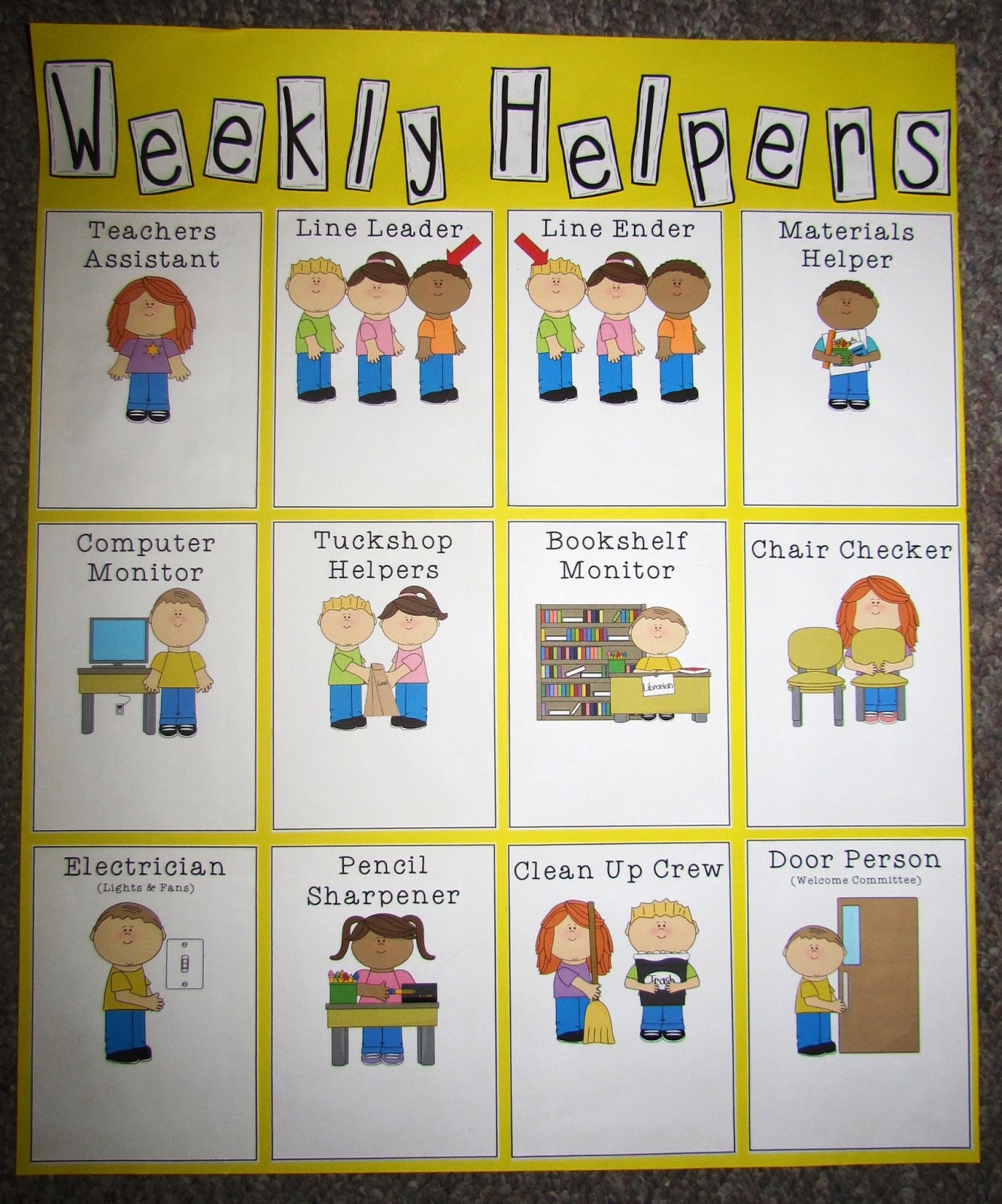
Creating a sense of responsibility and teamwork among students is crucial for their development and success in the classroom. One effective way to achieve this is by implementing classroom jobs teams. Classroom jobs teams provide an opportunity for students to take on various responsibilities and work together towards a common goal. This article will explore the benefits of using classroom jobs teams and provide practical tips for implementing them in your classroom.
Benefits of Classroom Jobs Teams

There are numerous benefits to incorporating classroom jobs teams into your teaching practices. Firstly, it helps develop a sense of ownership and responsibility among students. When students are assigned specific roles and tasks, they feel a sense of accountability towards their classmates and the overall functioning of the classroom.
Secondly, classroom jobs teams promote teamwork and collaboration. By working together towards common goals, students learn to cooperate, communicate, and support one another. This enhances their interpersonal skills and prepares them for real-life situations where teamwork is essential.
Furthermore, classroom jobs teams provide opportunities for students to develop leadership skills. Assigning leadership roles within the teams allows students to take charge, make decisions, and guide their peers. This fosters confidence and self-esteem, empowering students to take on leadership roles in other areas of their lives.
Implementing Classroom Jobs Teams

When implementing classroom jobs teams, it is important to consider the following tips:
1. Define clear job descriptions: Clearly outline the responsibilities and expectations for each job. This will help students understand their roles and perform their duties effectively.
2. Rotate jobs regularly: Rotate students' roles periodically to ensure everyone gets a chance to experience different responsibilities. This promotes a sense of fairness and prevents boredom.
3. Provide training: Before assigning specific jobs, provide training and guidance to students. This will enable them to perform their tasks efficiently and confidently.
4. Foster communication and reflection: Encourage students to communicate and reflect on their experiences as part of the classroom jobs teams. This allows them to share their successes, challenges, and suggestions for improvement.
5. Recognize and appreciate efforts: Acknowledge and appreciate the hard work and contributions of students in their respective roles. This can be done through verbal praise, certificates, or small rewards, motivating students to continue performing their jobs diligently.
Conclusion
Implementing classroom jobs teams can have a significant positive impact on students' development and the overall classroom environment. Through these teams, students learn responsibility, teamwork, and leadership skills. By following the tips provided, you can successfully integrate classroom jobs teams into your teaching practices and create a more collaborative and engaging learning environment.